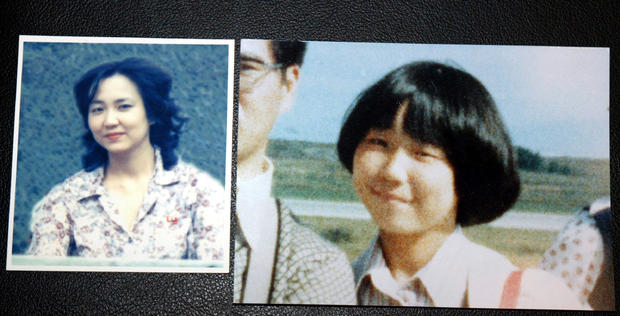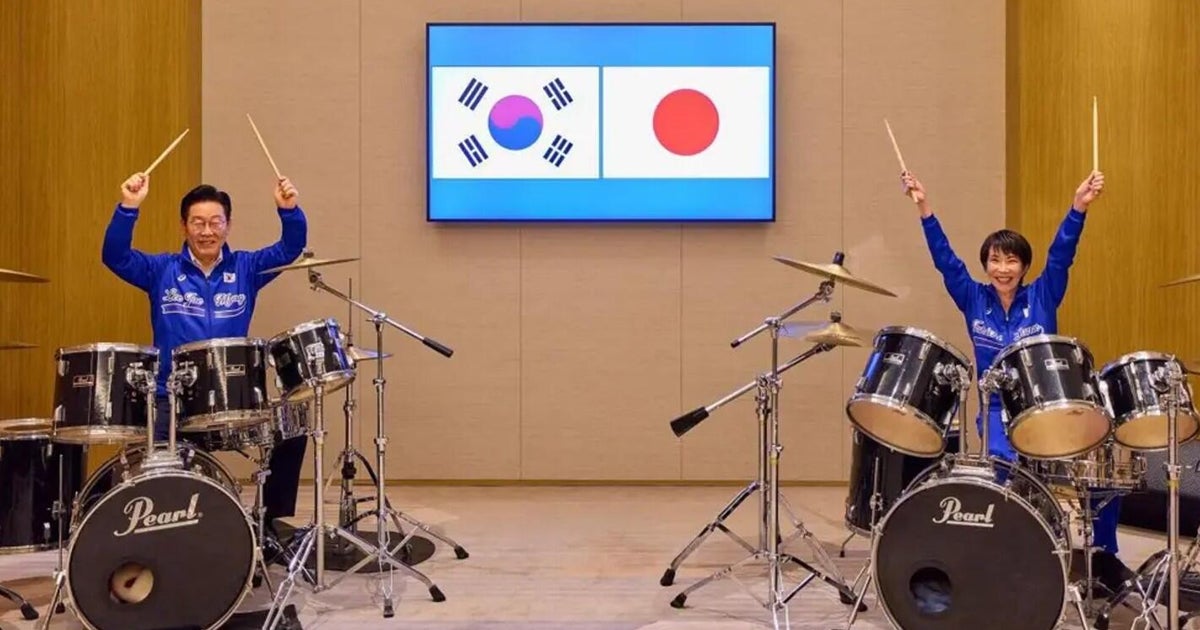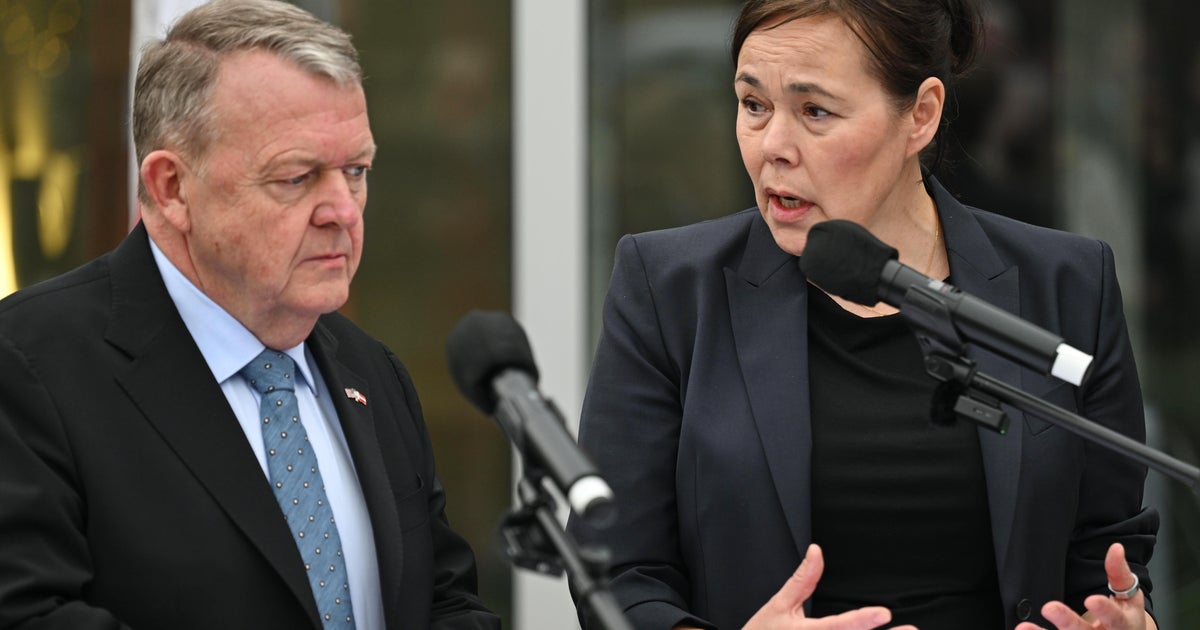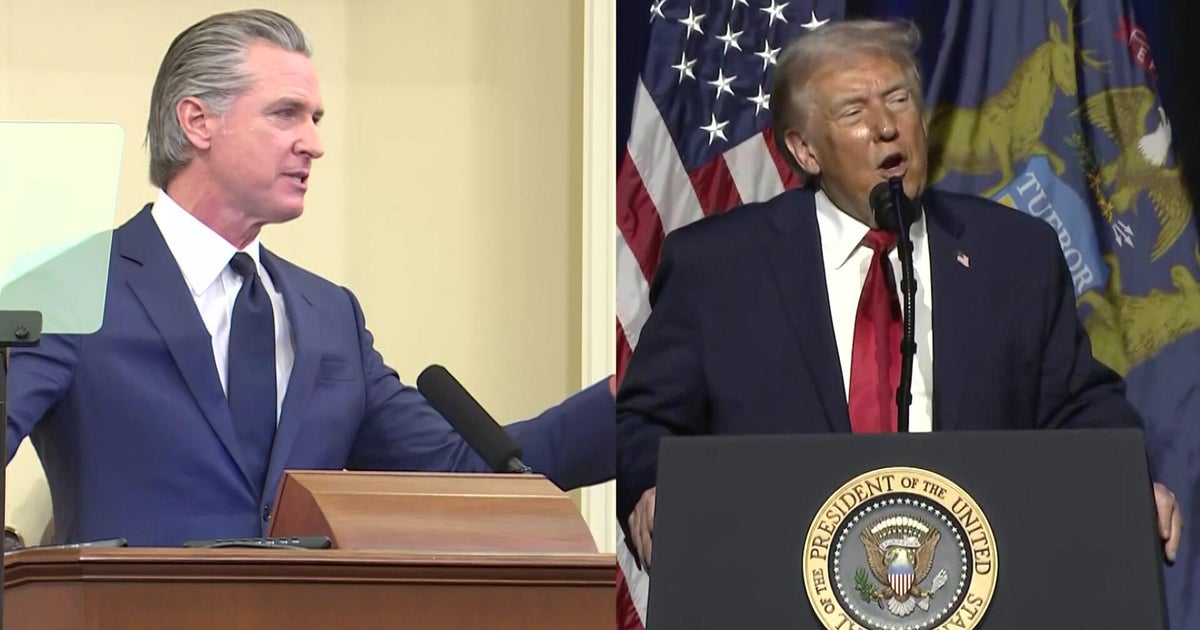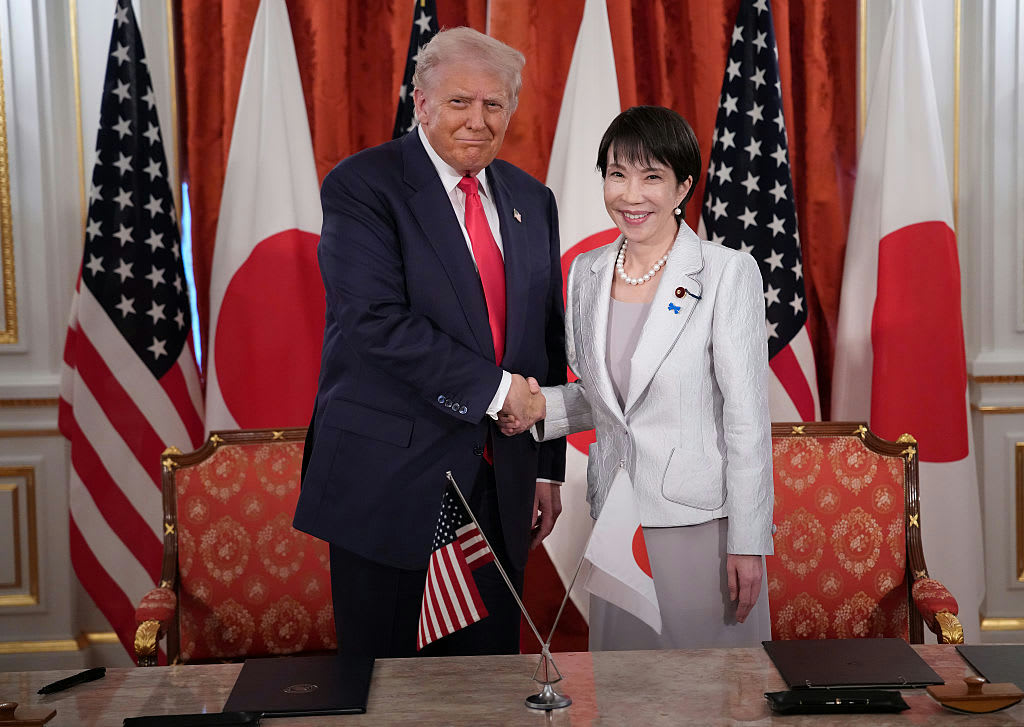Family of Japanese abductee to Trump: You are our family’s last hope
Megumi Yokota was thirteen years old when she was abducted in Japan on her way home from school in 1977 by North Korea. She was taught Korean and forced to teach Japanese language and culture to North Korean spies. Yokota committed suicide in 1994, at least according to North Korea -- it's an account that her family does not believe.
Her brother, Takuya Yokota, had a message for President Donald Trump on Wednesday, in advance of the president's summit next week with North Korean Dictator Kim Jong Un.
"Please bring my sister and other Japanese victims back to us," Yokota pleaded in a phone interview from Tokyo. "You are our family's last hope. We believe only you can do this."
He's not alone. Japanese Prime Minister Shinzo Abe arrives at the White House on Thursday morning to meet with Trump in advance of the historic summit that will take place in Singapore next week, and he will press Mr. Trump on the fate of the remaining Japanese abductees kidnapped by North Korean agents in the 1970s and 1980s.
"I want to make sure to be on the same page with President Trump ahead of the first ever U.S.-North Korea summit so we can push forward nuclear and missile issues, and most importantly the abduction problem, and make for a successful summit," Abe told reporters in Tokyo prior to his departure for the U.S. on Wednesday.
Yokota is perhaps the best known of the abductees but Japan has demanded that the Kim regime return twelve other Japanese citizens to the country. Five abductees were returned in 2002. Denuclearization may be the main objective, but the Japanese have long maintained that relations with the regime cannot be normalized until the abduction issue has been resolved.
One of Abe's first actions when he came into office in 2006 was to create a cabinet-level office to coordinate movement on the abduction issue and raise media attention and awareness. Mr. Trump's renewed talks with North Korea have galvanized Japan to push for resolution of the situation.
The president has repeatedly and publicly promised to raise the abduction issue. During his address to the United Nation General Assembly last year, Trump referenced the Yokotas' case in his condemnation of North Korea: "We know it kidnapped a sweet 13-year-old Japanese girl from a beach in her own country to enslave her as a language tutor for North Korea's spies."
Mr. Trump also reaffirmed his commitment to the issue in April during meetings and golf with Abe at Mar-a-Lago. A Japanese official told CBS News last week that the president "understands the importance of resolving this issue as soon as possible."
A spokesperson for the National Security Council pointed CBS News to Trump's public statements on the abduction issue and added that Abe and the president will "continue their close coordination on our unified response" on Thursday.
But there's concern about whether president will go far enough. As it is, the president has not exactly set clear expectations for what will come out of the summit. Last week, he characterized the meeting with Kim as, "I think it's a 'getting to know you' meeting plus." The president is likely to raise the issue of the detainees, possibly in a limited way.
"My guess is that he will try to encourage North Korea to reach out to the Japanese to try and resolve this because ultimately it's an issue between Japan and North Korea," Troy Stangarone, a senior director at the Korea Economic Institute of America, said in an interview.
"The difficulty Japan faces is that South Korea, the United States and China have direct leverage with North Korea," Stangarone added.
Japanese news outlets have reported that Kim told Secretary of State Mike Pompeo during their recent meeting that he was aware of the abduction issue after Pompeo raised it. But Korean Central News Agency, North Korea's state run media, maintains that the regime has already taken action on the detainees.
"The reactionaries of Japan are hyping the 'issue of abduction' which had already been settled," the Korean Central News Agency said.
At bilateral talks in Stockholm in 2014, Tokyo and Pyongyang reached an agreement that North Korea would look into Japanese abductees. However, North Korea halted the investigation after sanctions were tightened in 2016.
